-
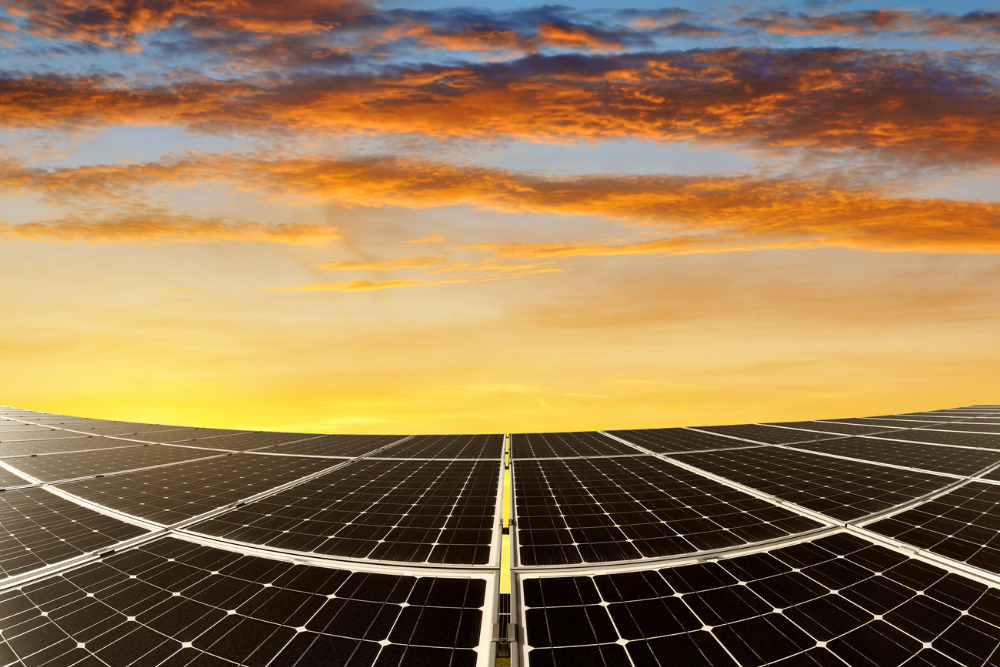
Solar Panel Efficiency Improvements
How is how efficiency of solar panels measured? How has the solar industry evolved since the first solar cell was invented? What are the newest improvements in efficiency? Temperature, buildup, shading, aging, inverter efficacy, and limited peak sun hours are some of the main factors that can impact solar panels’ overall efficiency. With so many
Read More -
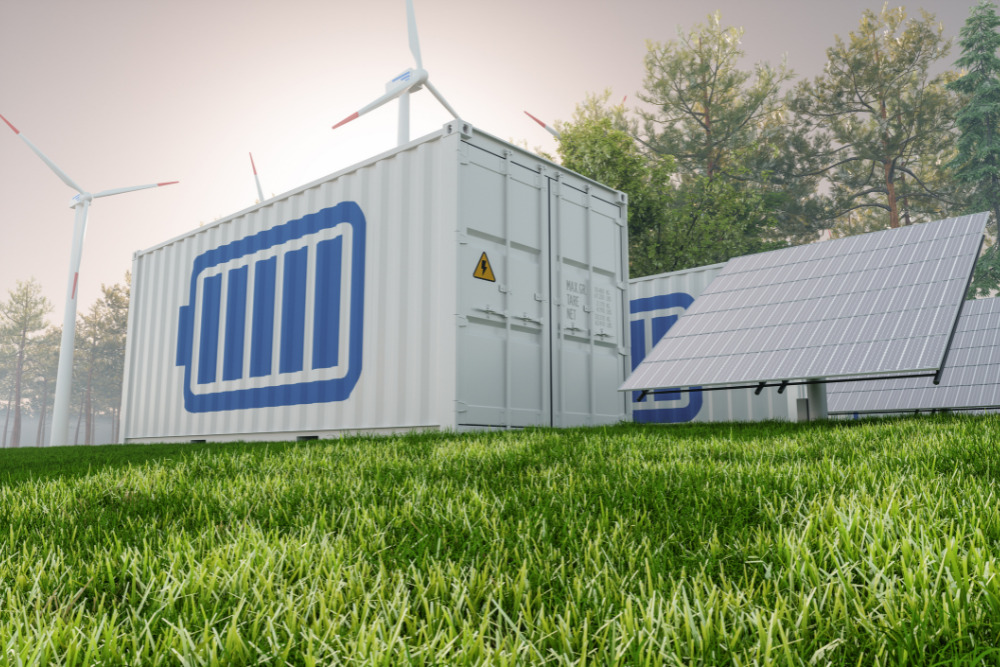
Solar Energy Storage Benefits (And Disadvantages)
Solar batteries capture and store energy from the sun. They provide backup power during outages and when the sun isn’t shining, and they support homeowners and businesses that want to be more energy independent. The primary disadvantages of solar storage are cost, capacity limitations, and environmental impacts. Solar energy systems are weather dependent, so their
Read More -
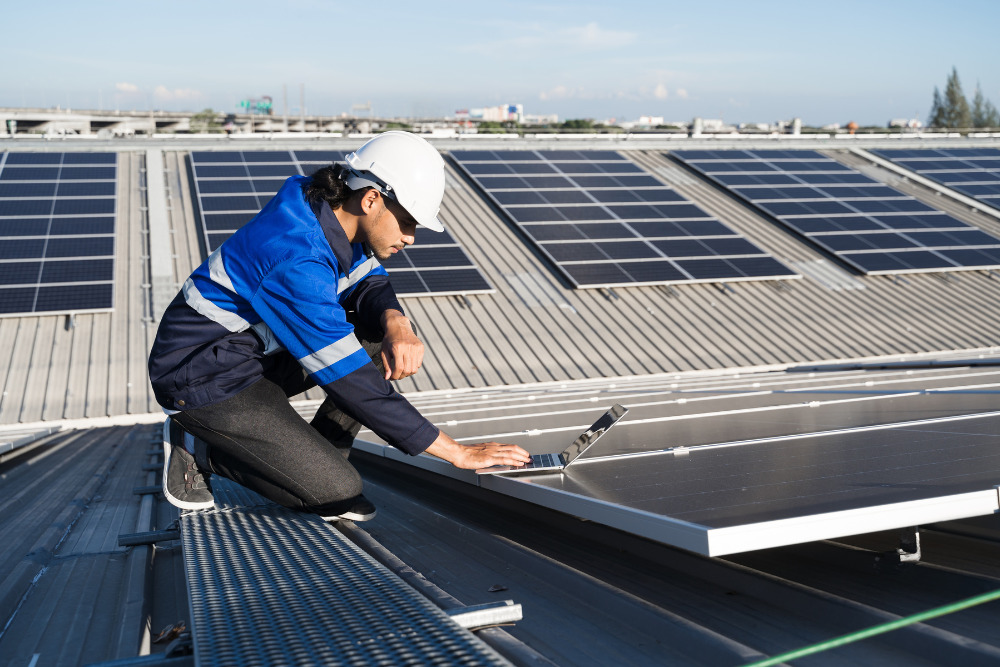
Solar Panel Lifecycle Analysis
Discover the lifecycle of solar panels, from raw material extraction and manufacturing to operation, and end-of-life considerations, to understand the overall environmental impact and long-term viability of photovoltaic systems. Solar panels, the key components of solar energy systems, are designed to harness the sun’s abundant energy and convert it into electricity. As we use more
Read More -
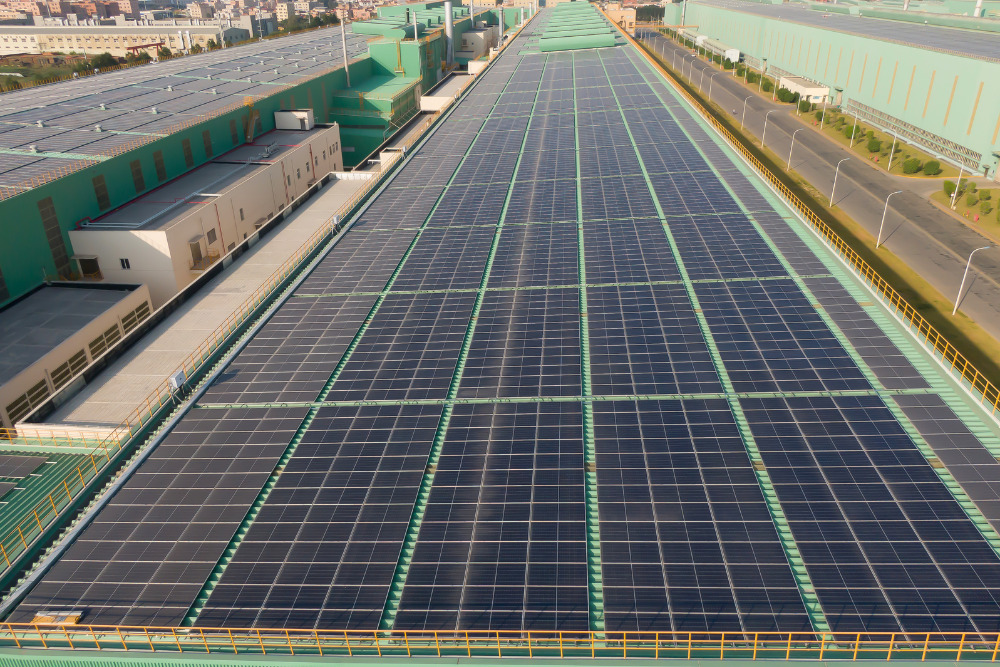
Grid-Scale Energy Storage For A Sustainable Future
Grid-scale energy storage has emerged as a game-changing battery technology solution to overcome the unpredictable nature of renewable sources like solar and wind. As we continue to find solutions to climate change and transition to cleaner and more sustainable energy sources, grid-scale energy storage has emerged as an innovative and promising solution. With the integration
Read More -
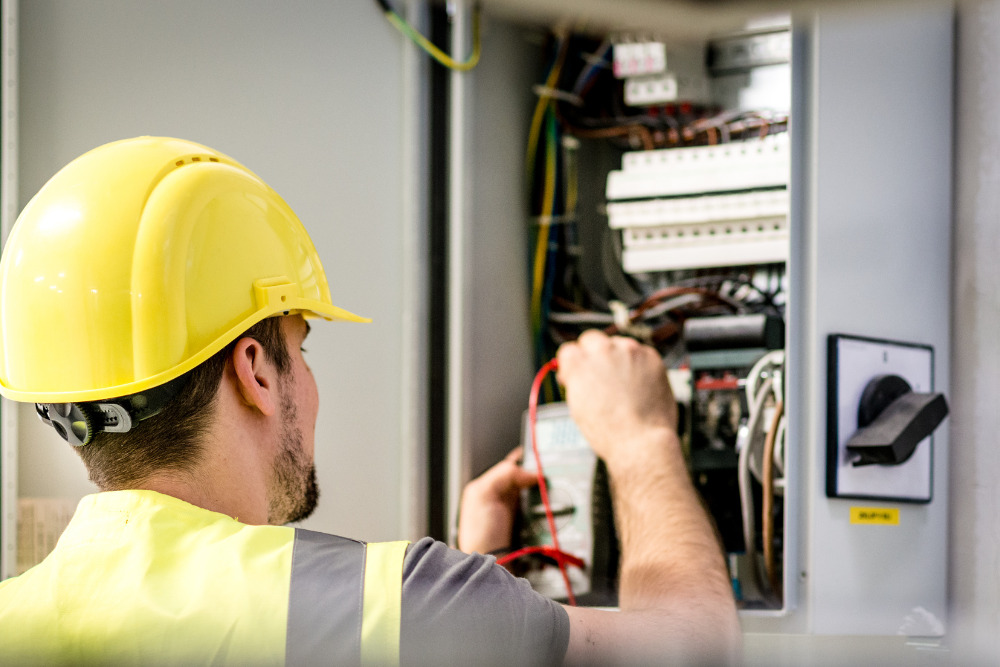
8-Step Solar Battery Storage Installation Process
Explore the process of installing solar battery storage and what to expect at each stage. Plus, learn whether it makes more sense to install a solar-plus-storage system upfront or add a battery later. From initial assessment and system design to equipment installation and commissioning, understanding the solar battery installation process helps homeowners make informed decisions
Read More -

What Affects Solar Battery Storage Efficiency?
The efficiency of solar battery storage systems varies significantly. Understanding the factors that influence efficiency is important when choosing a solar battery that meets your energy needs and budget. Solar battery storage involves the capture and retention of excess clean energy generated by solar (photovoltaic) panels for use at a later date. When choosing a
Read More -
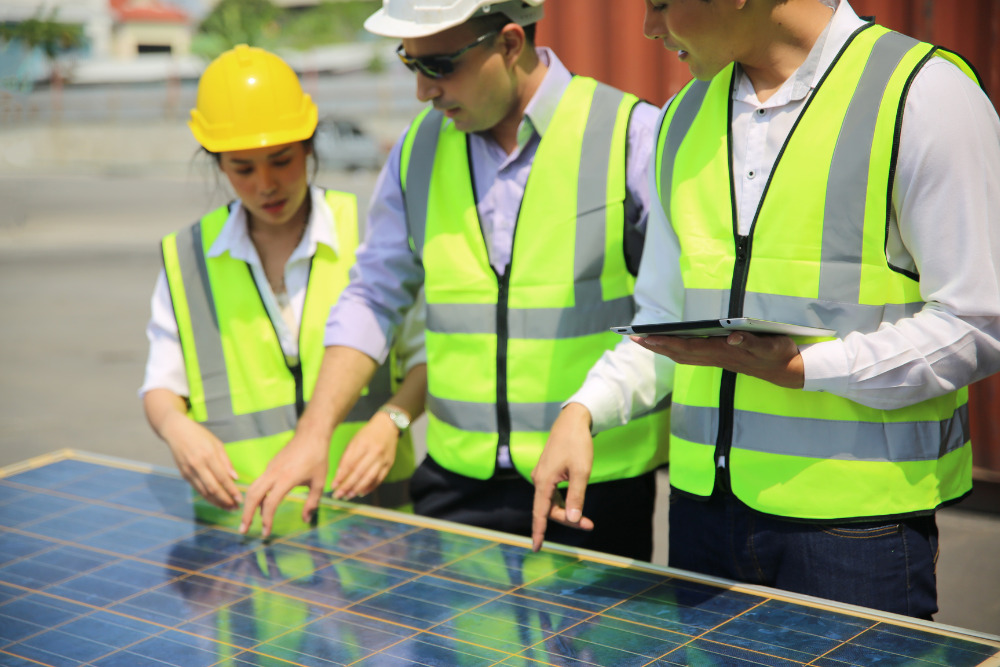
Solar Panel Standards and Certification
Solar panel standards define requirements for product design and materials, while certifications confirm that products meet these standards after undergoing rigorous testing. The solar panel market is fast-growing, thanks to the high demand for clean, renewable energy resources. Choosing a solar panel brand can be challenging with the vast selection of manufacturers, but you can
Read More -
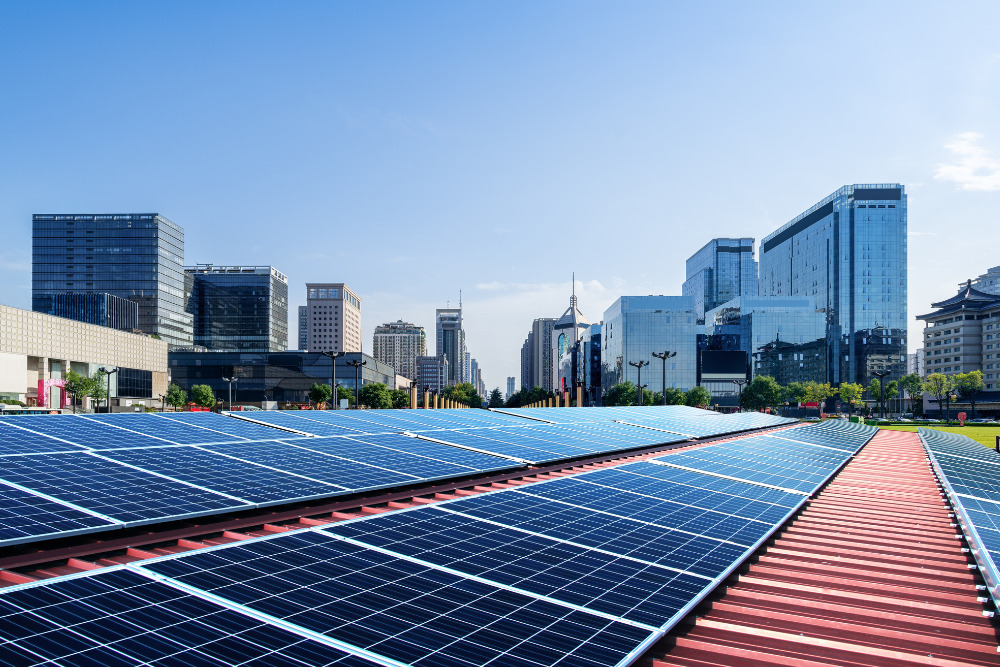
How Big Are Commercial Solar Panels?
Most commercial panels contain 60-96 photovoltaic cells, though there are some larger ones typically reserved for utility-scale applications. The size of solar panel you need will be based on your installation space and energy needs. When installing a commercial solar panel system, the size and weight of the panels is an important consideration. The panels
Read More -
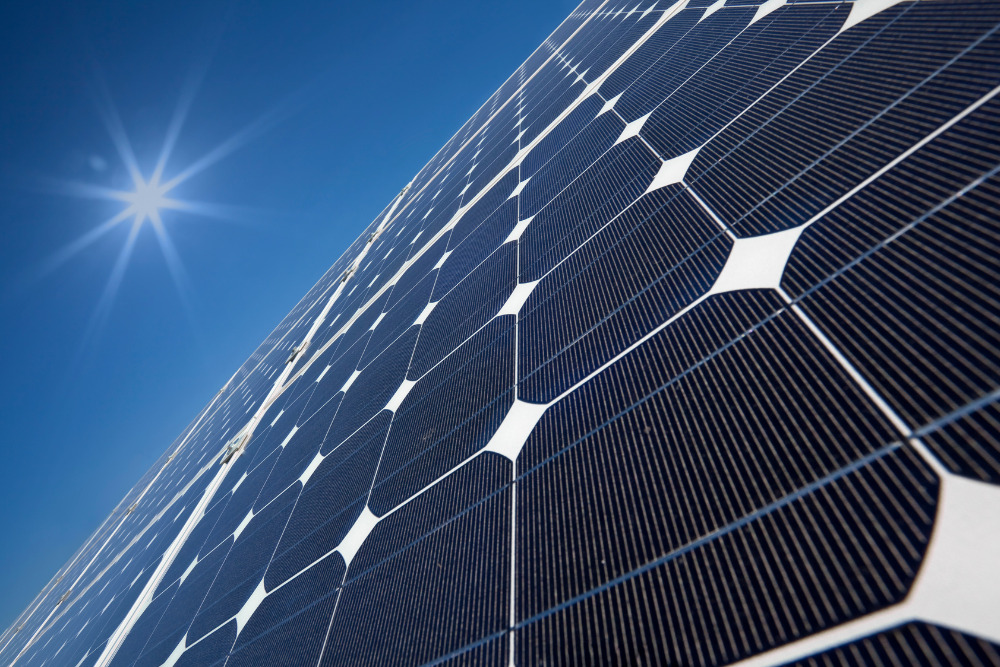
What Are The Best Commercial Solar Panels?
For businesses considering solar, consult with solar installation professionals, review recent industry reports, and compare specifications and warranties from different manufacturers to choose the right panels for you. One of the best places to start is understanding more about solar panel efficiency ratings and what they mean to you. There are several types of solar
Read More -
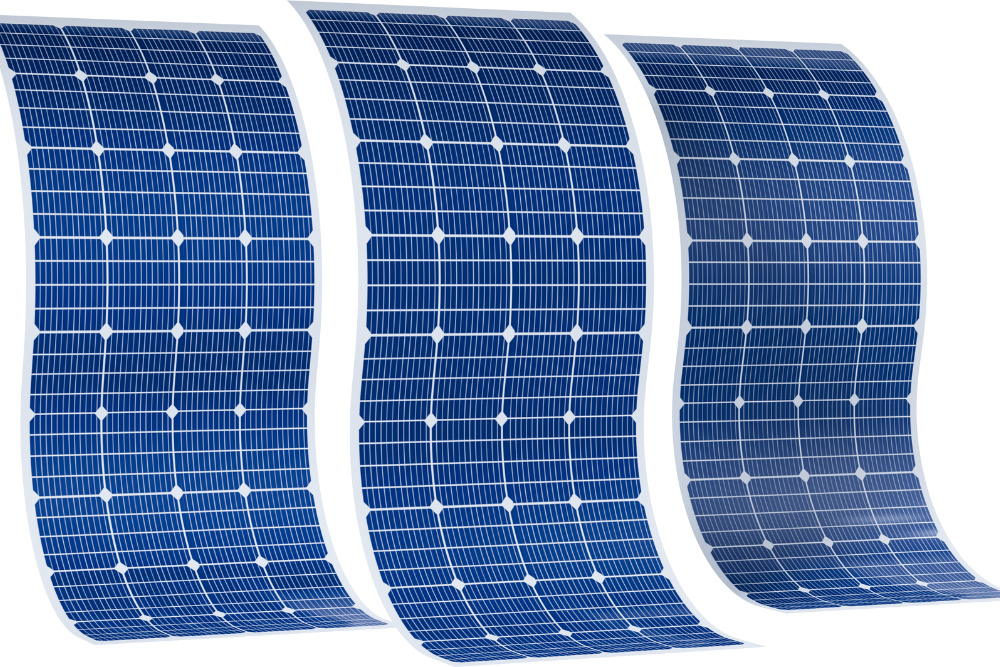
What Are Thin-Film Solar Panels?
Although thin-film solar panels work like monocrystalline and polycrystalline panels, they differ in their cell technology, efficiency, and durability. Thin-film solar cells, also known as flexible or stick-on solar panels, are thin and lightweight, unlike traditional solar panels. Their production involves depositing thin films of photovoltaic material on a substrate to produce ultra-thin solar cells.
Read More